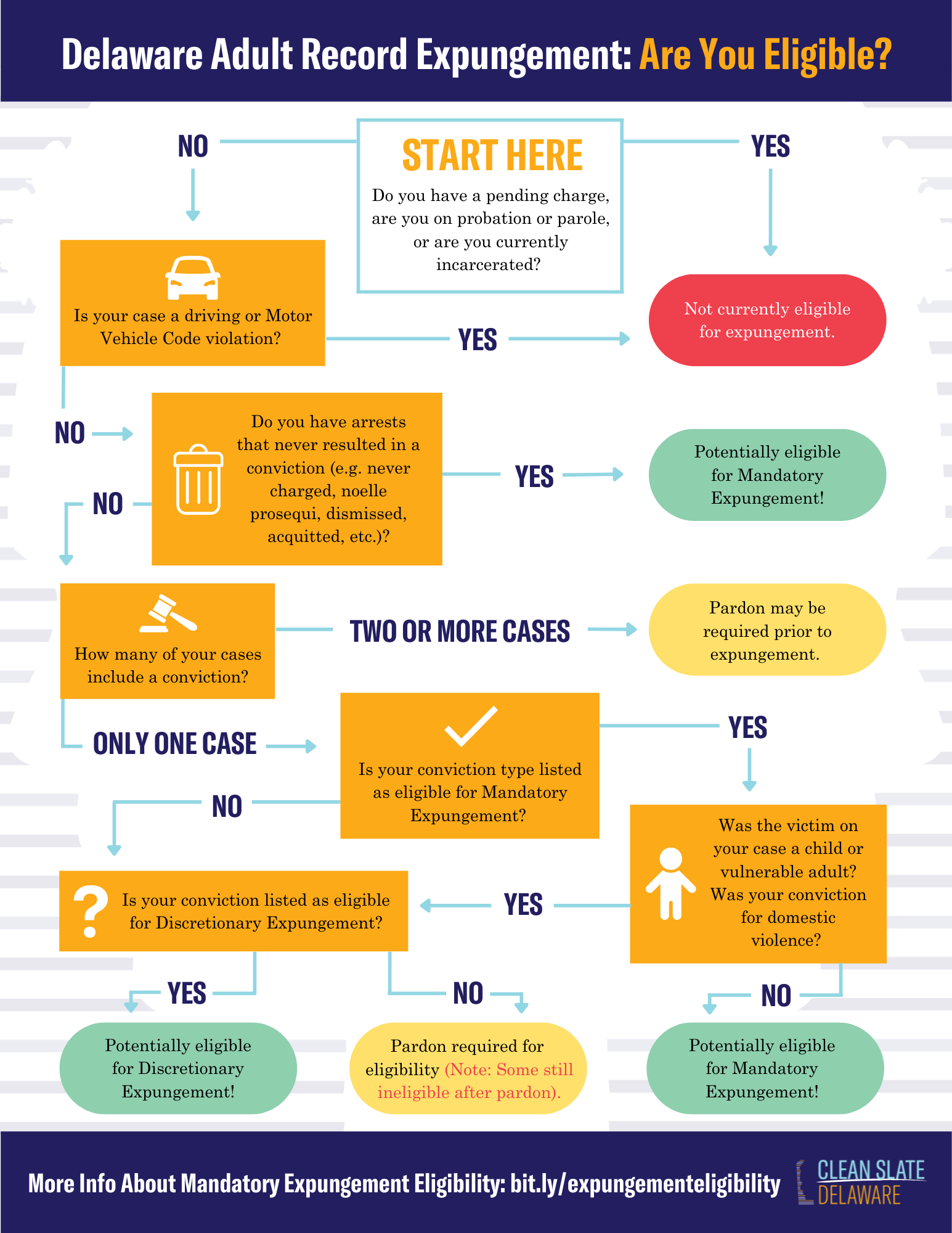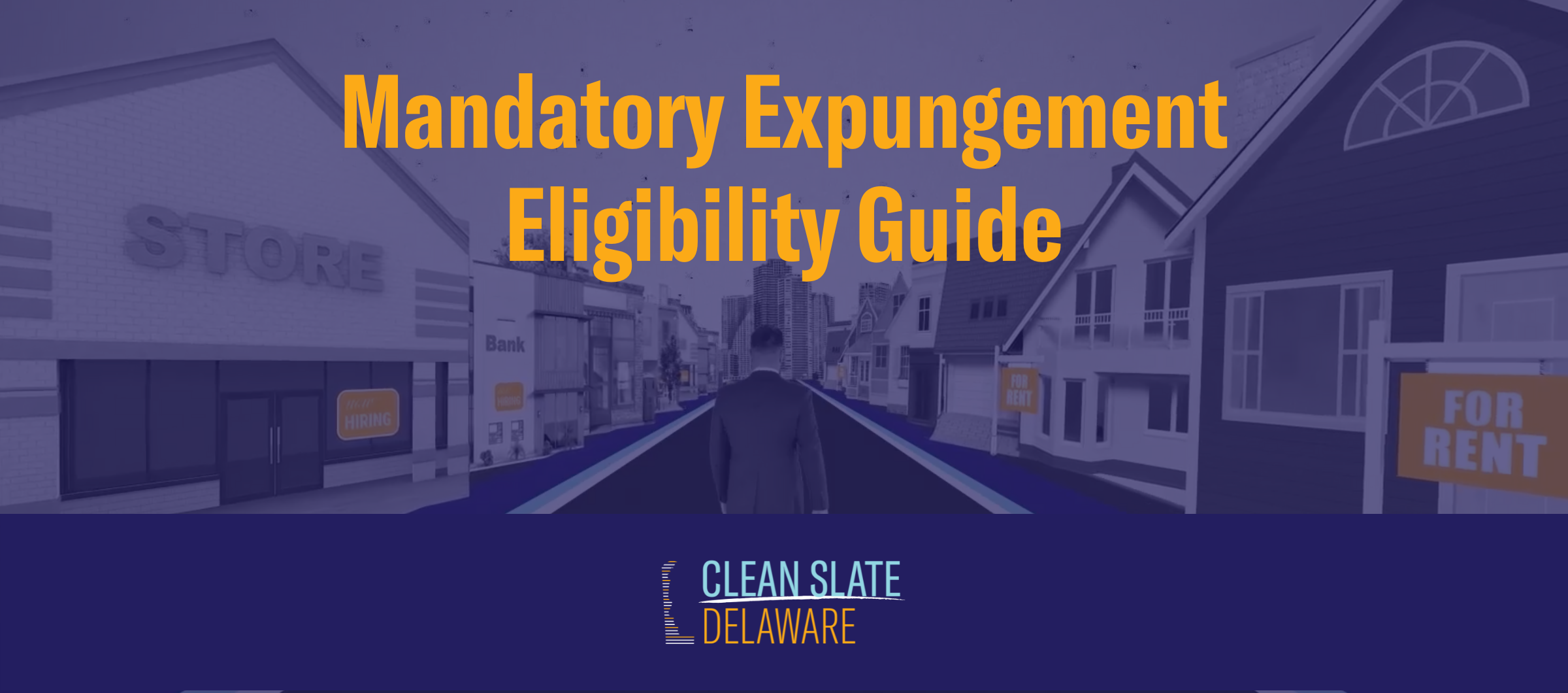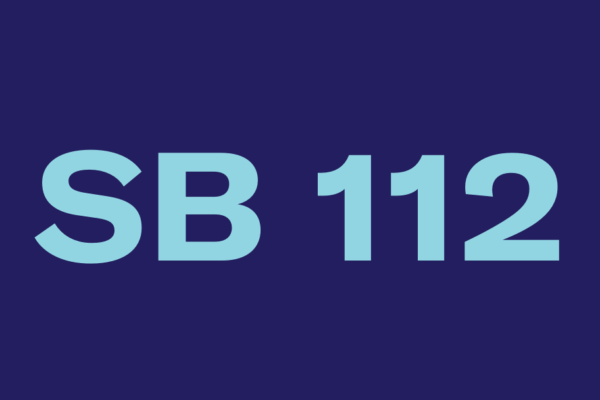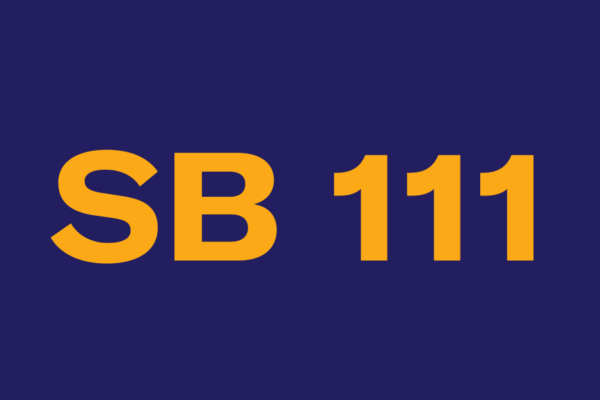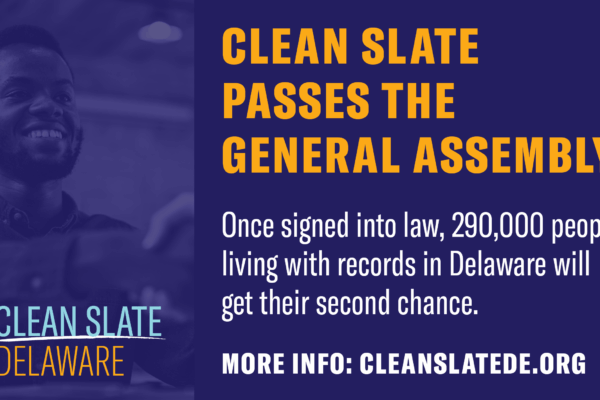Upcoming Expungement Workshops
These workshops will describe Delaware’s expungement eligibility criteria and how the expungement process works. Workshop attendees can sign up to have their records screened for expungement eligibility.
Financial assistance for expungement related-fees will be available while funding lasts for individuals that are determined to be eligible for mandatory or discretionary expungements.
These are walk-in workshops. Advance registration is not required. For questions, email [email protected].
